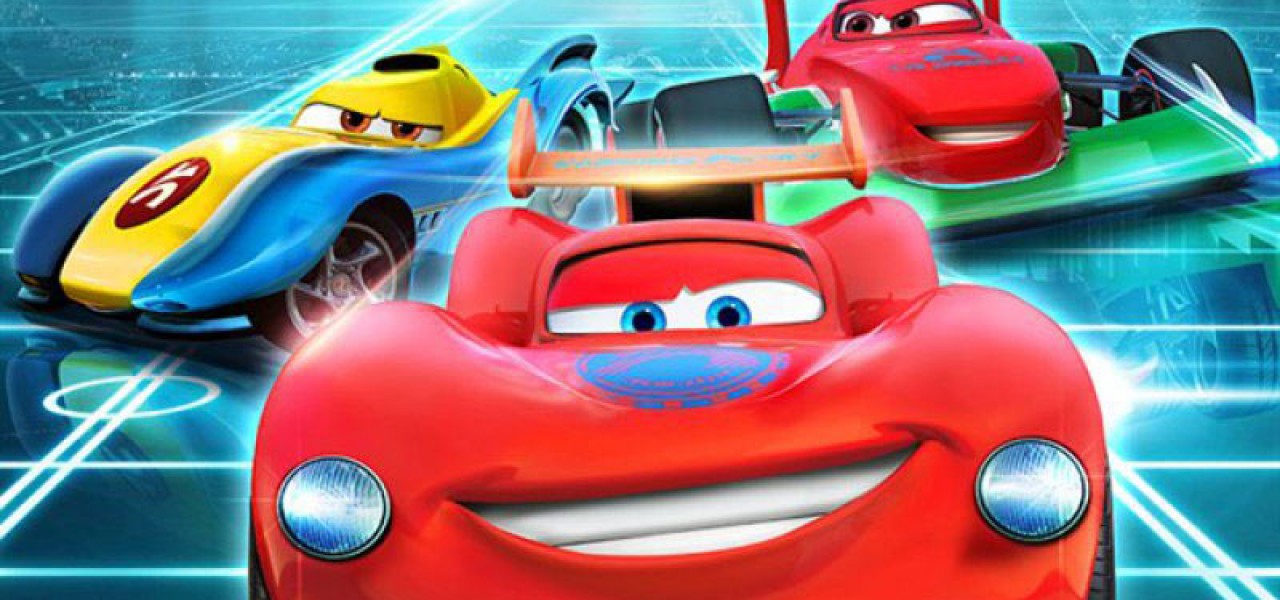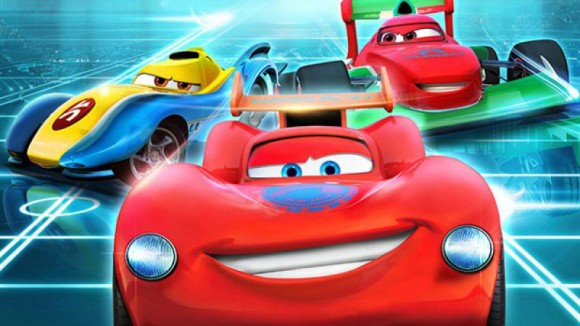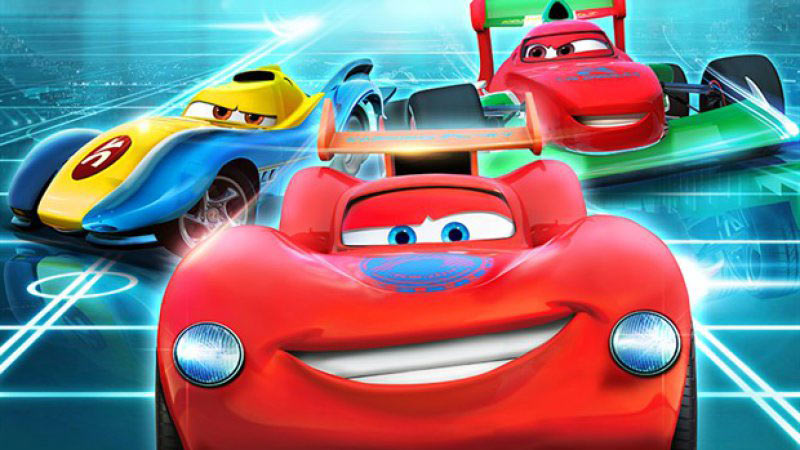

Disney Lawyers Think China’s ‘Autobots’ Looks Like ‘Cars’

By volume, China has produced more cartoons than any other nation on Earth over the past decade. Some of them look pretty familiar.
Take The Autobots, which is not Hasbro’s latest Transformers spinoff but instead a Chinese cartoon that looks a lot like Pixar’s Cars. Having pulled in barely a million before it was pulled from some Chinese theater chains, The Autobots still might be gaining traction with Disney’s high-powered lawyers, who have reportedly sent threatening letters to the film’s director.
“We believe The Autobots picture blatantly infringes on Disney’s intellectual property rights from our Cars and Cars 2 movies and intend vigorously to protect our copyright,” a Disney spokesperson told the Los Angeles Times.
Beyond the poster though, nothing in the actual film could possibly be mistaken for a Pixar product. Watch its trailer below:
Although their respective plots are different too, Autobots’s poster with its blandly named protagonist K1 does recognizably resemble the Cars franchise’s heavily marketed Lightning McQueen — once you ironically strip away the branding on the hood and doors, that is. Even locals have taken to heckling the film’s director Zhuo Jianrong about it on social media, a sideshow further fueled by the director’s counter-accusations of critics as “shameless…Chinese traitors” with “brain damage.” For the record, Zhuo has claimed he has never watched Cars.
Other studio heads have similarly criticized the film, which was produced for about US$1.6 million by the studio Blue MTV in the southern Chinese city of Xiamen. “There is always a group of ‘businessmen’ who take advantage of audiences in less-developed areas, as they are not that information-savvy, and make knock-offs of Hollywood animated films,” Wu Hanqing, CEO of Vasoon Animation, told the Wall Street Journal. “Oftentimes, these projects can make money.”

One could convincingly argue — without having seen it, which I haven’t — that this feud is perhaps more entertaining than The Autobots itself, whose theatrical run has averaged four viewers per screening. But that would be discounting the lawyers, who are noticing that homegrown Chinese animation can smash box office records.
And while it’s easy to point the finger at enterprising Chinese filmmakers riding the coat-tails of American films, “mockbusters” designed to cash in on the success of Hollywood animation are neither new nor a uniquely Chinese phenomenon.
Copying, borrowing, infringing, remixing, spinning, and blatantly ripping off the work of others, for whatever you can get for as long as you can get it, has a long and storied history, even in American animation. When Walt Disney himself started producing theatrical animation in the 1920s, studios routinely “borrowed” characters and gags from each other, and Disney was no exception. If you believe some artists, the Disney company has borrowed ideas as recently as Frozen (itself a “riff” on Hans Christian Andersen’s folklore).
But the eternal case that The Autobots represents — which is that of China’s ascendant animation industry as a creator (or copier, depending on your choice of words) of cartoons rather than just a manufacturer of them — is going nowhere but up. As the sector increases in power and influence, the potatoes, even those as small as The Autobots, won’t be looking so small anymore to American studios.
